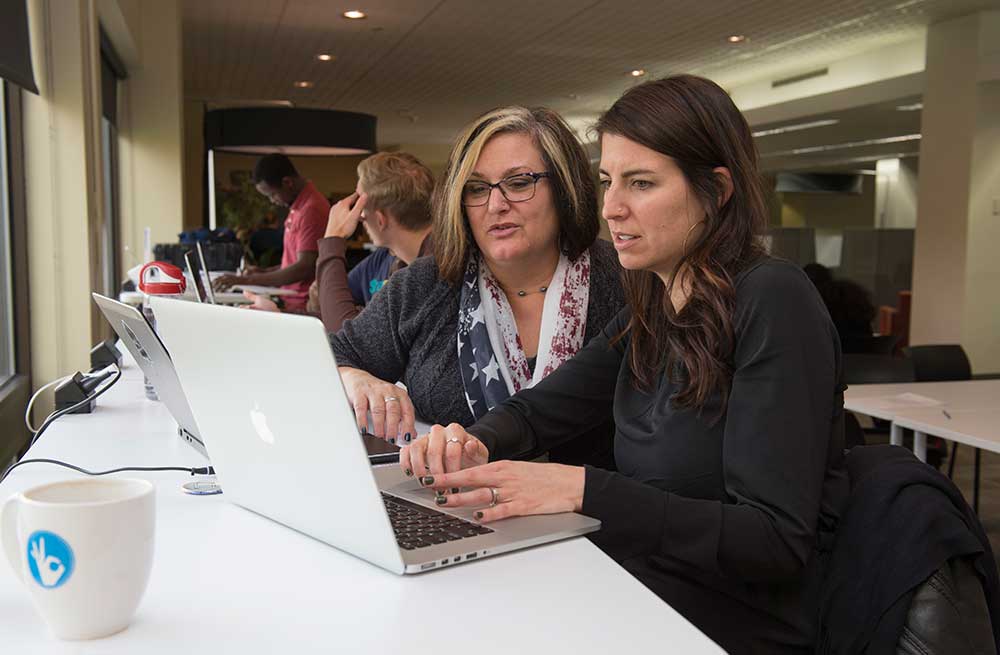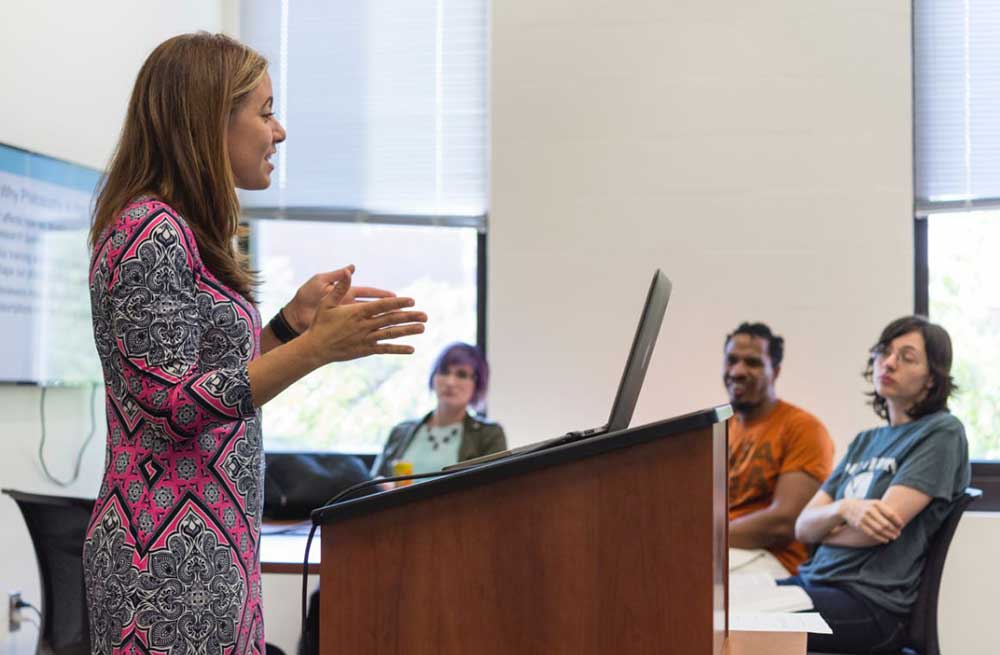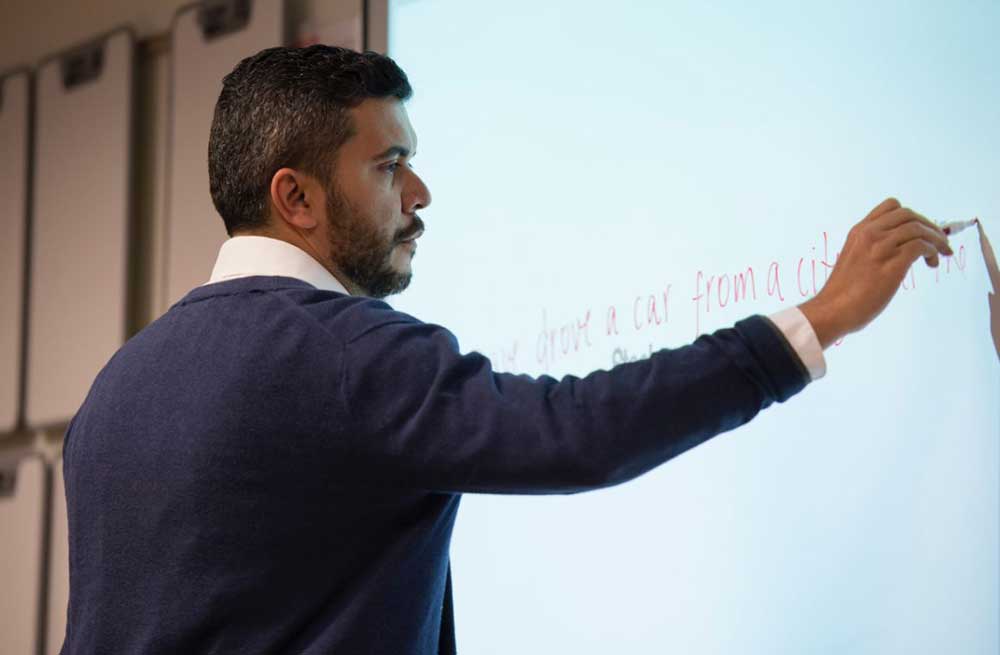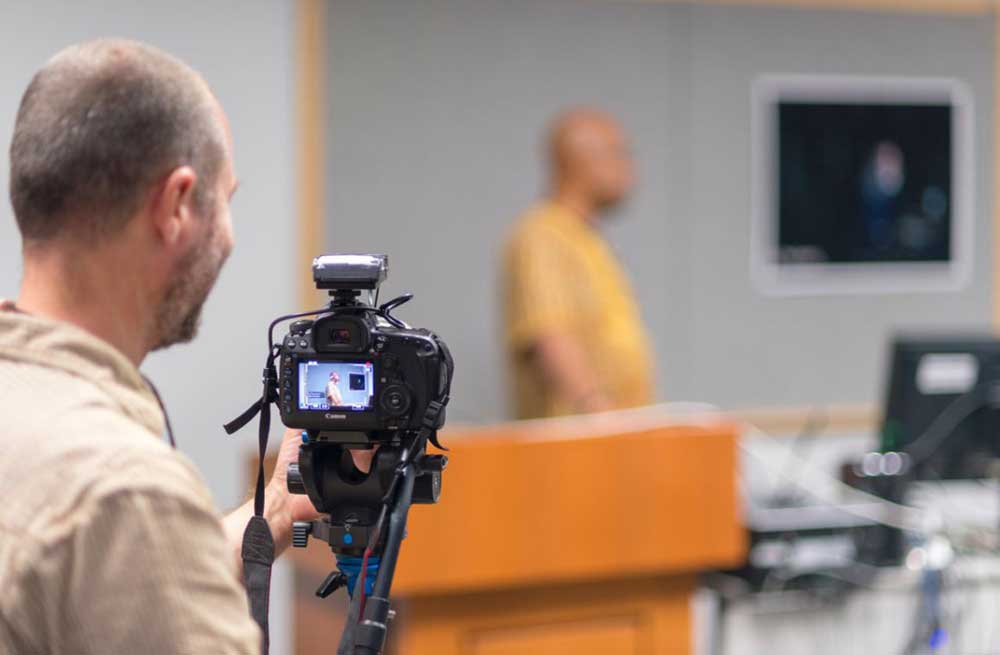Home Page
The Center for Teaching and Learning (CTL) promotes excellence in teaching and the creation of exceptional learning experiences by championing an effective and innovative teaching culture across the university.
CTL also provides faculty with trainings and events, 1:1 consultations, just in time support along with the resources necessary to build and share content for a variety of technologies for all course modalities.

Get Support
Contact us for immediate help with your teaching or use of technology.

Teaching Consultations
Support instructors in making pedagogical choices based on evidence from literature and reflection on their own teaching practices.

Instructional Technology
Helps to identify technologies that enhance student learning and includes training and support.

Classroom Technology
Supports audiovisual technology initiatives across RIT and provides consistent teaching experience for instructors across classrooms.

Academic Media Services
Provides instructors with captioning and media production services to enhance their classroom and online teaching.








